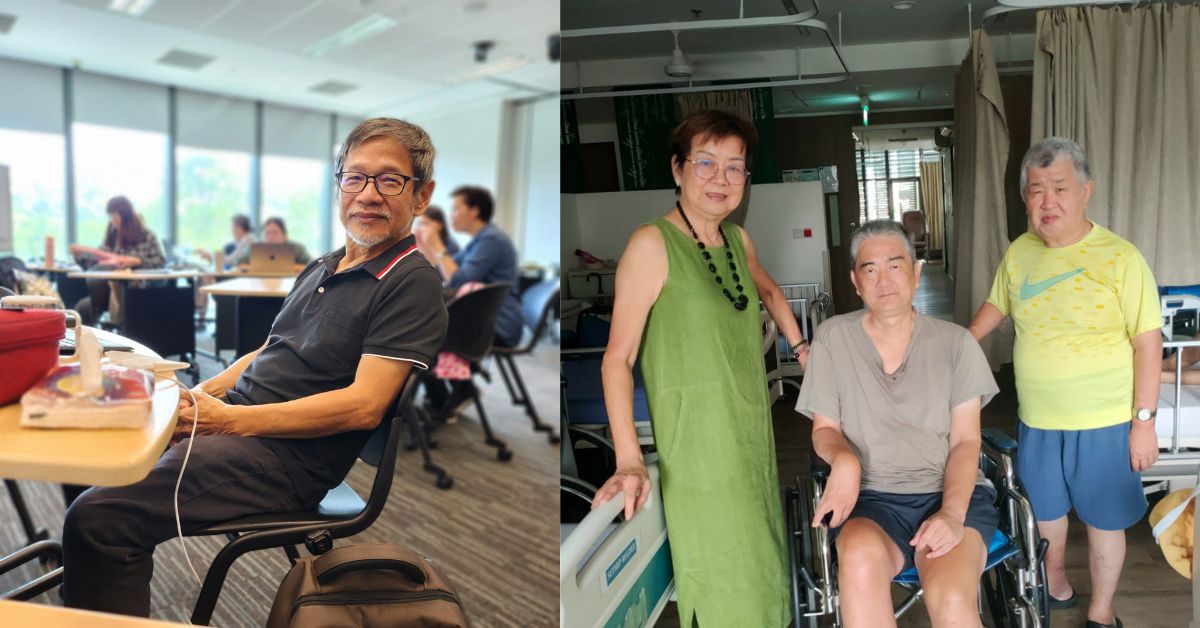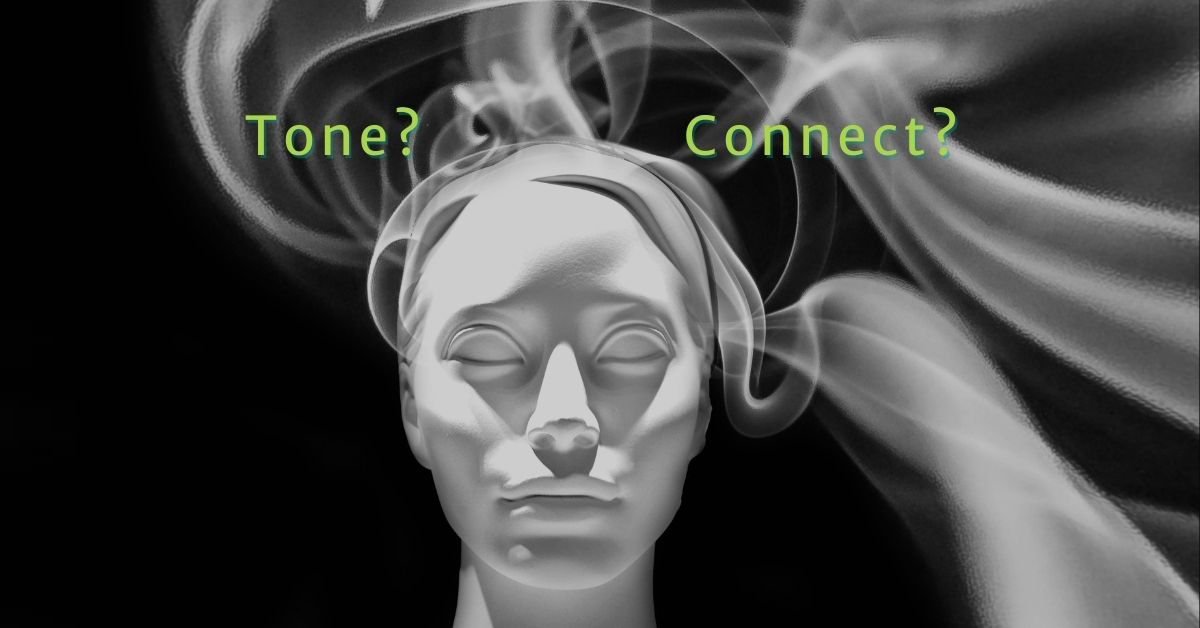
"This resulted in interruptions to conversations as I also had challenges keeping things in memory, so I blurted things out before I lost my train of thought. These two examples affected my relationships, especially with my loved ones. They may not seem like major issues but these are daily irritants that can wear the patience of people."
"As usual, I had taken on too many commitments and I was struggling to keep all the balls in the air. Thus, I was desperate to get some help to further unlock my productivity. The interesting thing was that my diagnosis helped more in the area of self-acceptance and my relationship with my husband than my productivity!"
Getting Treatment
"Due to the close connection of ADHD with other mental health conditions such as anxiety and depression, we are driven by the urgency of supporting people who lack the resources to manage their condition."
Acceptance And Liberation
"Unexpectedly, it has also opened the doors to so many new and fulfilling friendships. Some of my team mates and core volunteer leaders have become my closest friends — we have found a way to deeply connect due to the shared experiences we have as ADHDers."
- playing an active role in the management of the condition, e.g. taking their medication as prescribed, going for therapy where indicated, and getting support through coaching
- making lifestyle changes so that they create the best environment to thrive, e.g. regular exercise, good nutrition, sufficient sleep, etc
- identifying what their strengths are, so that they can develop these areas and thrive
The experts' advice on ADHD treatment

"The medication increases levels of certain neurotransmitters in parts of the brain which governs executive functioning, impulse control and focused attention, thereby strengthening the control centre of the brain."

"Stimulant medication containing methylphenidate is available in Singapore and is well tolerated. Seven out of 10 people readily respond to the use of stimulants. It can be associated with side effects sometimes but most are transient and go away in two weeks. The more persistent side effect is a reduction in appetite."
"While treatment is an option, it can make a difference in quality of life and one’s ability to achieve full potential. Research has shown that treating ADHD helps one learn and work more effectively, reduces risk of delinquency and reduces substance use (e.g. smoking). Many reports state that it helps with relationships as well."
- Break up big tasks into smaller ones to make work more manageable and less daunting. This can help reduce the tendency to procrastinate.
- Write down a to-do-list and set arbitrary deadlines to sustain motivation to progress towards a goal. Use time-tables, calendars and arbitrary deadlines to give more structure to the day.
- If workspaces are too messy, take time to declutter and organise the space to facilitate clarity of thought and reduce distractions. Put your phone away while working.
- Balance between the need for structure and routine with the ADHD brain's need for stimulation, novelty, variety and challenges. Swinging from one extreme to another is seldom sustainable.
- Exercise daily or at least three times per week. This will help people with ADHD to relax, sleep better and improve their focus.
- If you have to procrastinate, use positive procrastination. This involves taking short breaks from work to do other productive tasks instead of doing mindless and unproductive activities. Changing things up keeps the ADHD brain engaged and can improve productivity.






